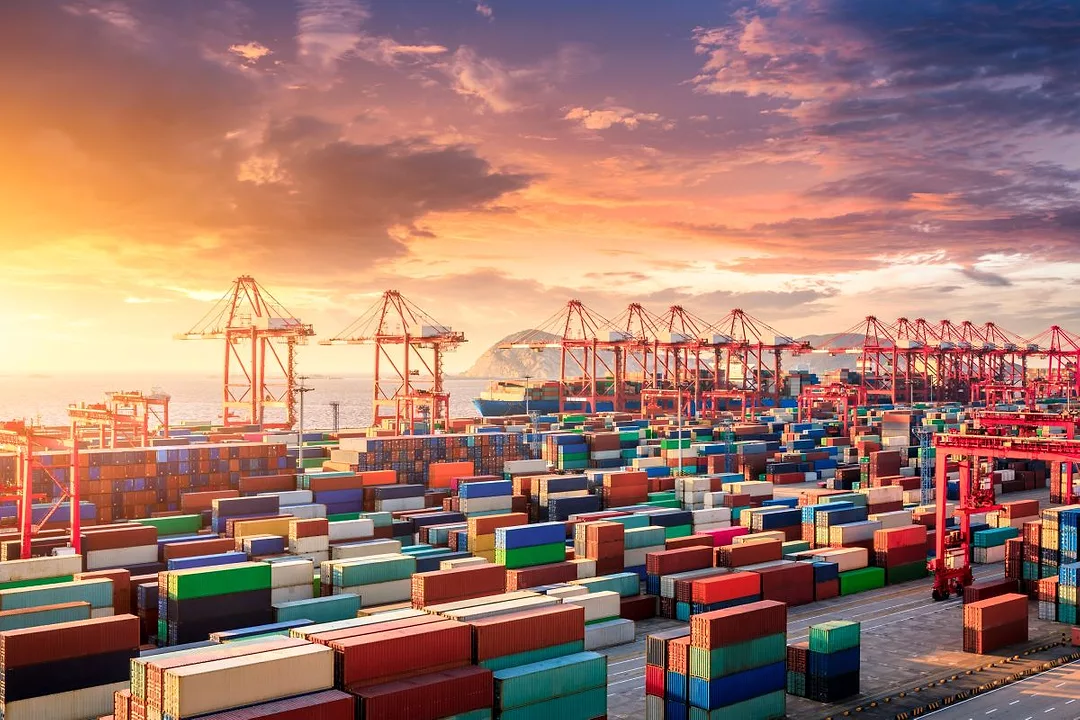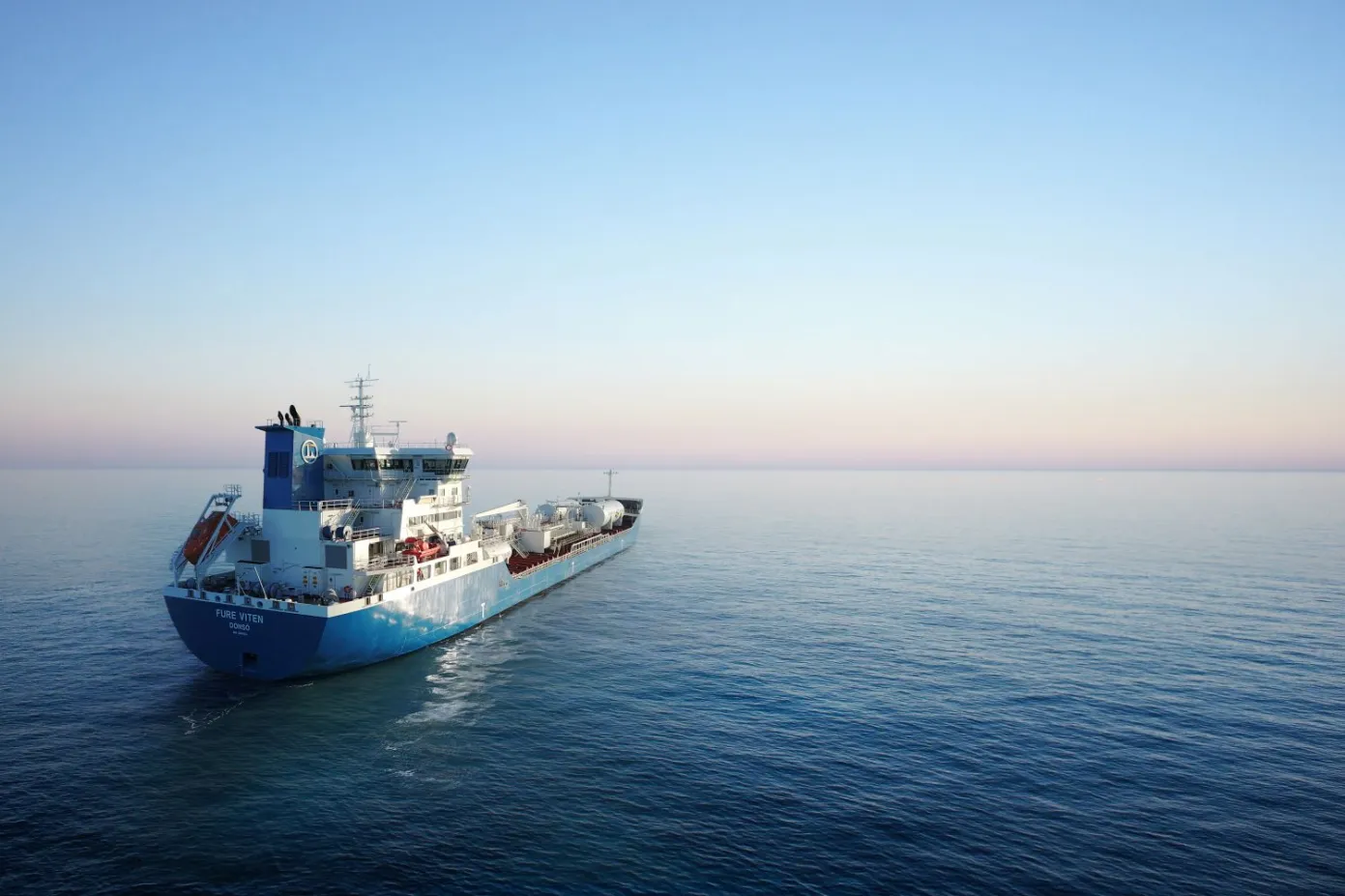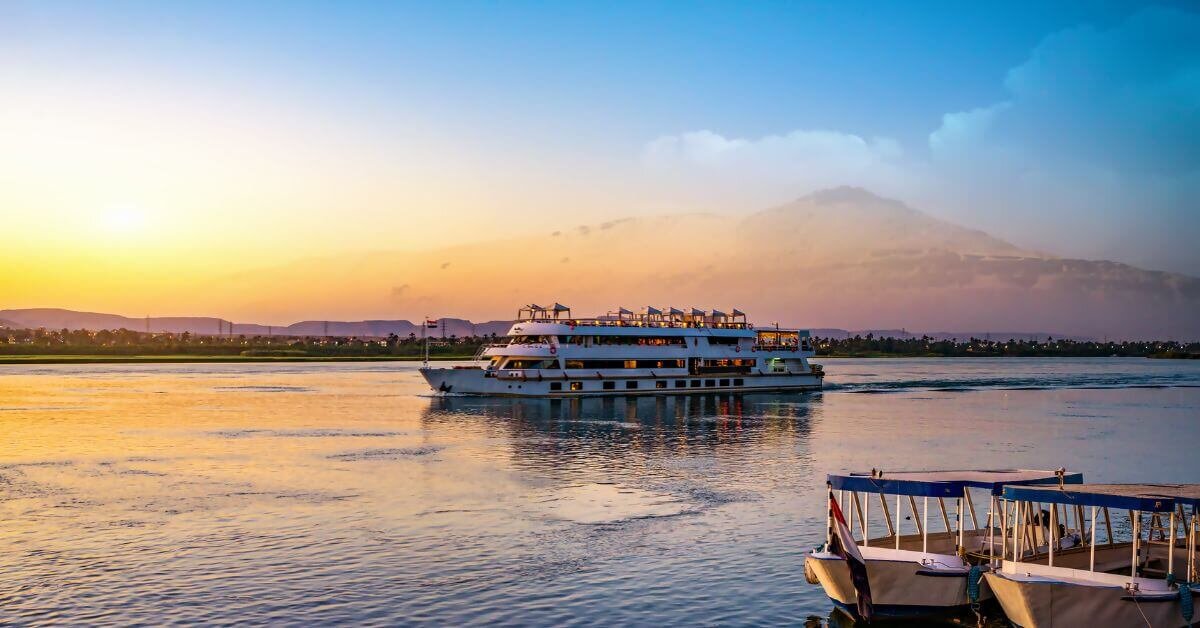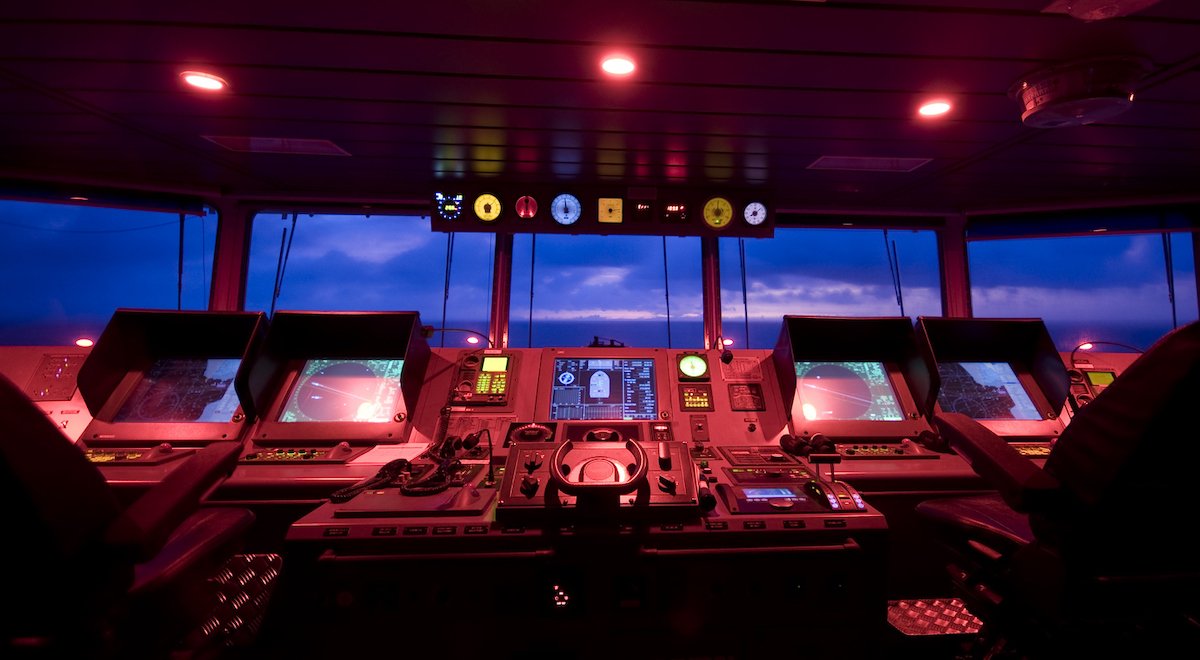Since late August, two or three trains of 50 tanker cars have been shipping fuel each day from Nayara Energy’s refinery on the coast of western India to inland depots — more than double its previous use of railways to move diesel and petrol.
Shut out of many international markets because of crippling sanctions imposed by the European Union on July 18, the Russian-owned refinery has had to divert more fuel to the domestic market and find new export customers, among numerous workarounds, big and small, forced by the bloc’s penalty.
Nayara’s ongoing crisis has drawn the Indian Government into the position of providing enough support to keep it operating while avoiding moves that could provoke a Western backlash, government and company sources said. New Delhi’s measures to help the refinery owned by a friendly nation include providing tanker trains and approving coastal vessels to ferry its products.
Nayara’s ownership places it at the centre of long-standing close ties between New Delhi and Moscow — a relationship that puts India at odds with Western allies. The refiner, whose biggest shareholder is Russian state oil giant Rosneft, now relies exclusively on Russia for imported oil after Iraqi and Saudi Arabian crude supplies were cut off following the EU measure, making it vulnerable if flows are disrupted due to tighter sanctions or stepped-up US pressure.
“The government is trying to cover two possibilities: trying to back Nayara while remaining mindful of the fact that there is going to be a sustained global pressure to tighten sanctions,” said Amitendu Palit, a senior research fellow at the National University of Singapore’s Institute of South Asian Studies.
“Long-term support might not be sustainable unless the whole global dynamics change — like a resolution between Russia and the US or progress in the Russia-Ukraine conflict,” he said.
Nayara, which has condemned the sanctions, did not respond to a Reuters email seeking comment for this story. India’s oil ministry and Rosneft did not respond to requests for comment.
Mumbai-based Nayara is a key player in India’s fast-growing fuel sector, accounting for 8 per cent of refined products output and operating more than 6,500 gas stations. It has been forced to reduce crude runs at its 400,000-barrel-per-day Vadinar refinery to 70–80 per cent of capacity — previously 104 per cent — as it struggles to find export buyers for its fuel and banks to facilitate payments, sources familiar with the refinery’s operations said.
Stop-gaps and workarounds
Nayara, whose refinery is not connected to a pipeline network, stepped up its use of railcars to move fuel after sanctions made it difficult to charter coastal ships or sell products for export, forcing it to redirect output domestically.
Its access to more railcars was facilitated by New Delhi, which has also temporarily allowed Nayara to use four coastal vessels, sources said, including the EU-sanctioned Leruo and two shadow fleet ships — the Guinea-Bissau-flagged Garuda and Djibouti-flagged Chongchon.
Nayara is seeking government approval to use two more coastal ships, sources said. The company is also seeking help to source equipment and materials it is struggling to obtain due to sanctions for a maintenance shutdown scheduled for February, Reuters reported.
In the meantime, it is considering pushing the shutdown to April as it scouts for alternative raw materials, sources added.
“We are under constant threat,” a senior company official said on condition of anonymity given the sensitivity of the matter, citing the worry that vessels the company is now using could come under future Western sanctions.
“We never anticipated that we would be hit so directly. Now, every day feels like firefighting.”
Nayara — a mix of Hindi and English meaning “New Era” — was called Essar Oil when it was bought in 2017 by Rosneft along with a consortium including Russian fund UCP and global trading house Trafigura, which later sold its stake.
Until 2022, Nayara sourced oil from a variety of countries. That year, India began buying discounted Russian oil after the West started sanctioning Moscow for its invasion of Ukraine, becoming the biggest buyer of seaborne Russian crude. Recently, those purchases have caused a deep diplomatic fissure between New Delhi and Washington, with President Donald Trump doubling tariffs on imports from India to 50 per cent as punishment.
Maintenance and payments: biggest immediate challenges
Company sources said resolving the maintenance situation and being able to make international payments are the biggest immediate challenges for Nayara.
Nayara’s main banker, the government-owned State Bank of India (SBI), stopped processing trade and foreign exchange transactions for the refiner in August due to concerns over EU sanctions, sources said. SBI did not immediately respond to a request for comment.
Nayara officials have met finance ministry officials and banks in an effort to resolve the banking issue but have yet to find a solution, according to government sources — restricting Nayara’s ability to import crude and export fuel using foreign currencies.
India’s finance ministry did not respond to a request for comment.
Before the sanctions, Nayara exported about 30 per cent of its output, mostly through transactions with Western, Middle Eastern and Asian trading firms for products shipped to Asia and northwest Europe, according to traders and shipping data.
Since then, Nayara cargoes have been bound for the Middle East, Turkey, Taiwan Area ,China and Brazil, with at least 16 cargoes of diesel, gasoline and jet fuel shipped on EU-sanctioned tankers, the data shows. Some of those recent exports were made through traders with payments set off against crude supplies, industry sources said.
In September, Nayara exported 2.23 million barrels of fuel, according to Kpler data, compared with average exports of 3.3 million barrels per month in January through June.
“We are interested in buying from them,” a North Asia-based trader said. “They told me they can’t take payments because their bank accounts are blocked.”
(Editing by Tony Munroe and Raju Gopalakrishnan)




